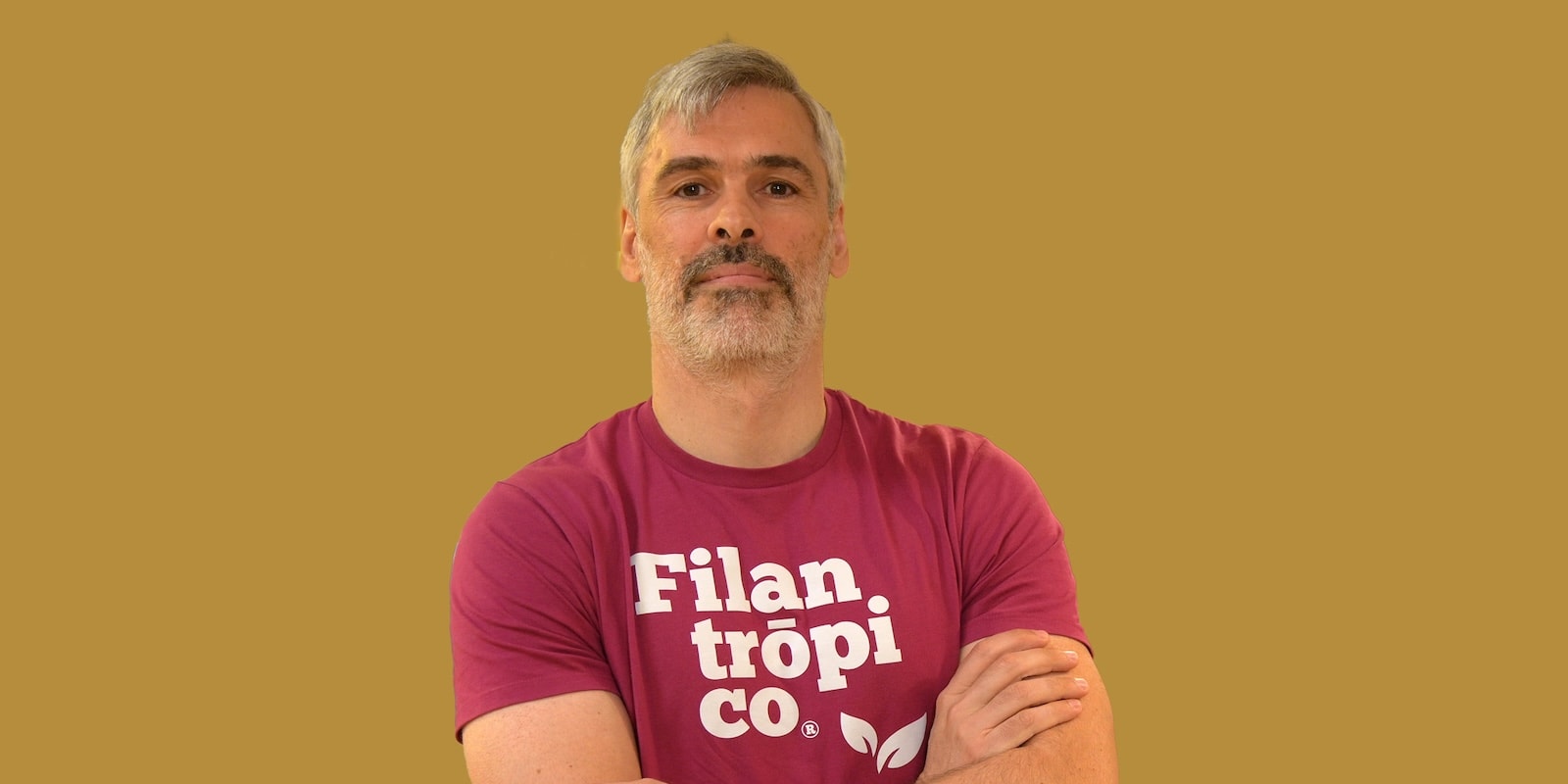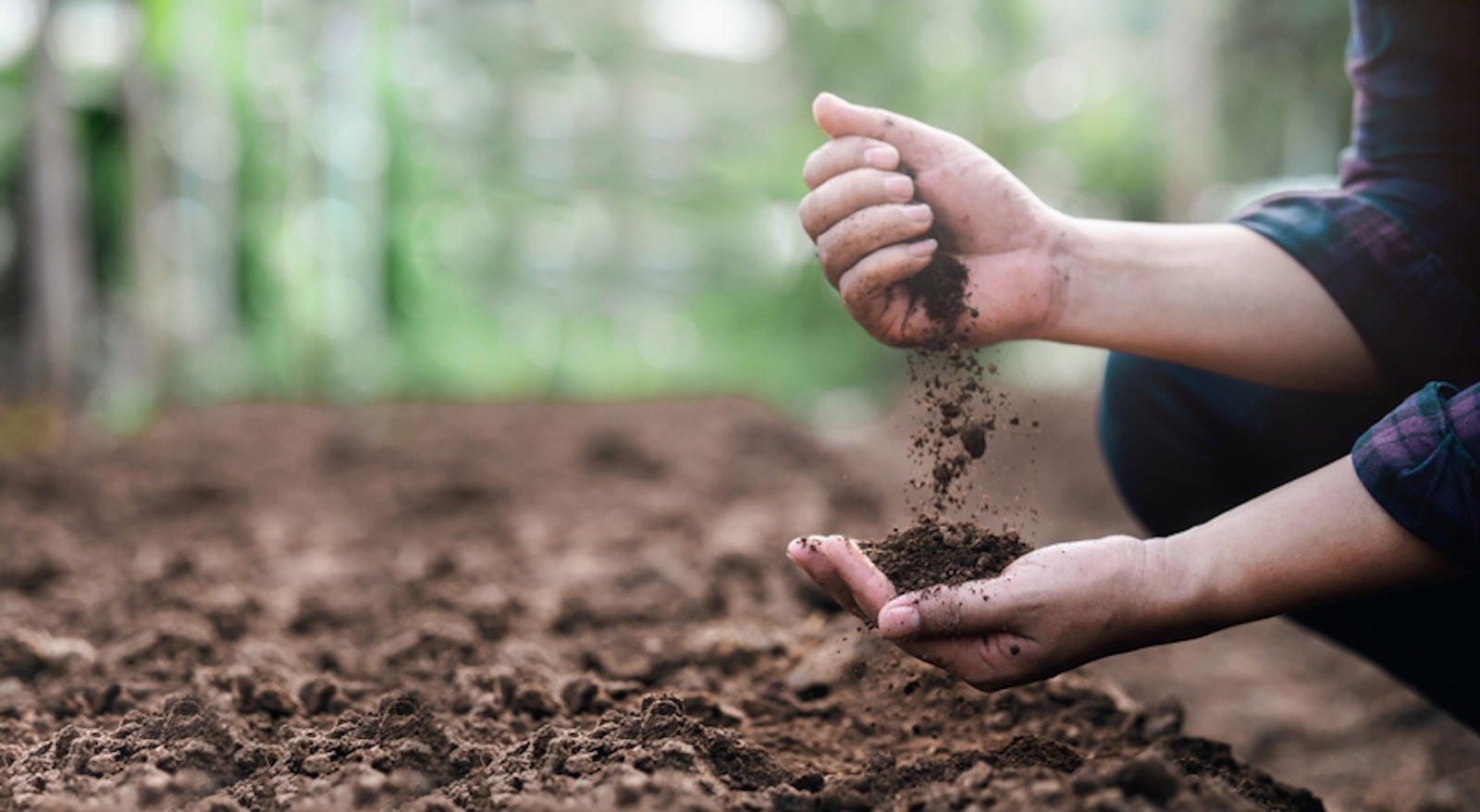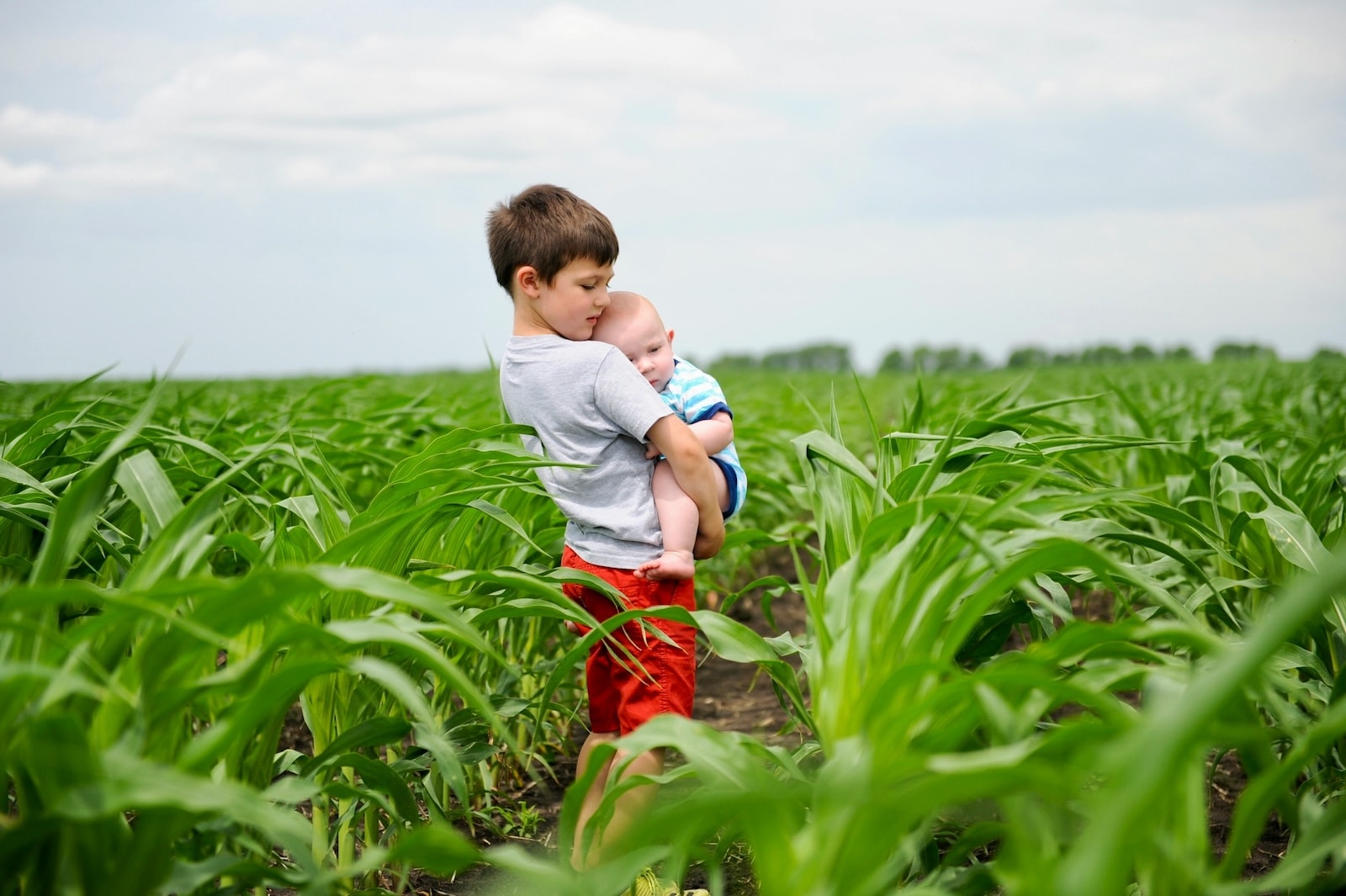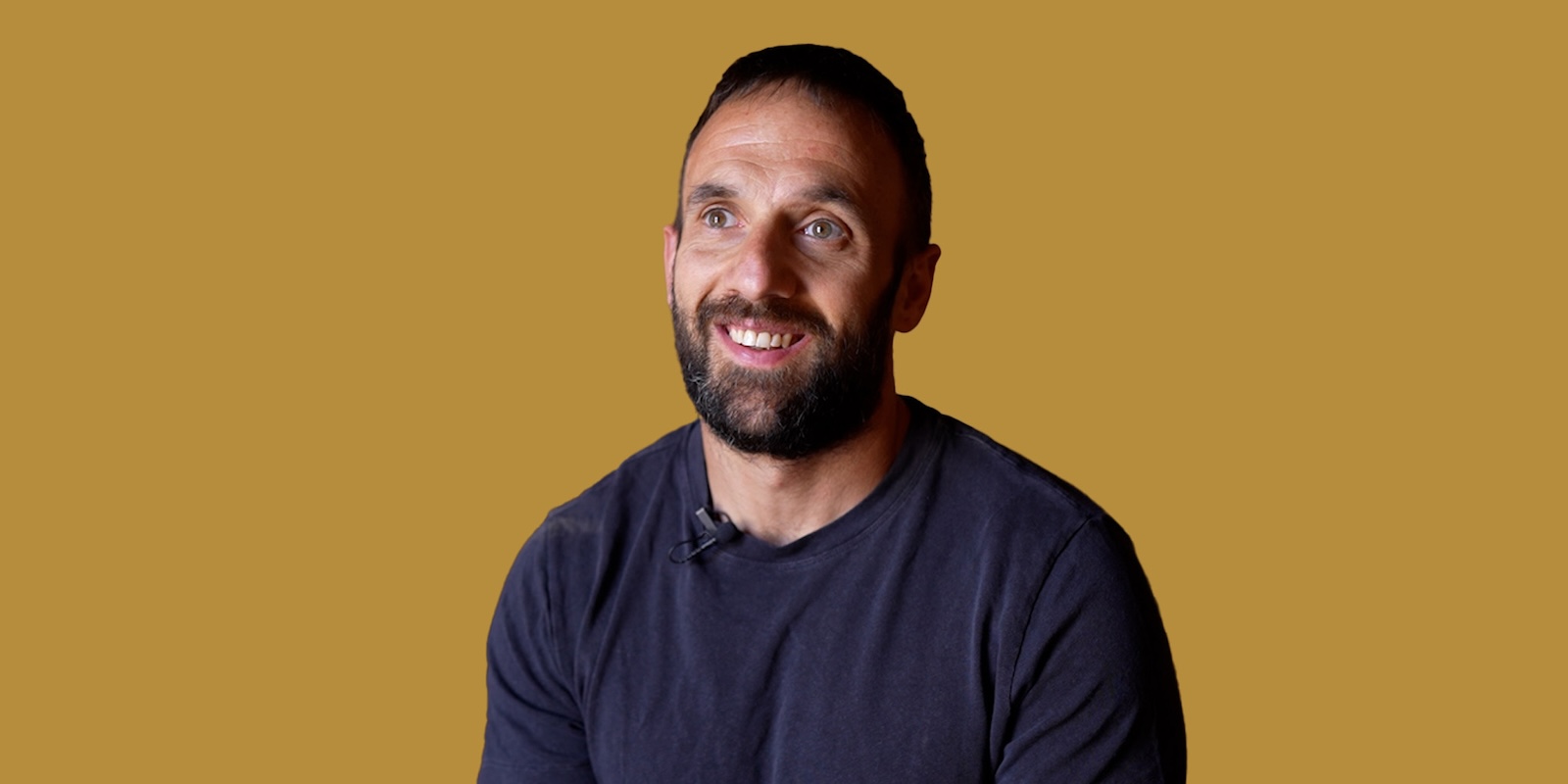Thursday, October 2, 2025
Javier Sanz, a former lawyer and now co-founder of Filantrópico, is turning the everyday act of drinking coffee into a catalyst for social change. His company reinvests all its profits to improve the lives of coffee farmers in their countries of origin and vulnerable communities in Spain.
After 15 years working in the legal field, Javier Sanz turned off his computer as a lawyer and turned on the coffee roaster at Filantrópico, the company he created with a friend with a simple yet ambitious goal: to ensure that the 22 billion cups of coffee consumed each year in Spain have a positive social impact. Operating on a non-profit model, the company pays fair prices to producer cooperatives, employs people with intellectual disabilities in Spain, and trains homeless people as baristas. This proves that business and social impact can go hand in hand.
After fifteen years as a lawyer, you decided to leave it all behind to found Filantrópico. What personal and social motivations led you to take such a radical leap?
I always wanted to start my own business, even while I was enjoying and advancing in my law career. But I wanted to do something that would have a direct impact on people's lives. A friend—now the co-founder—suggested we start a non-profit coffee company. At first, I declined because it meant giving up security and financial gain. Two weeks of reflection were enough to understand that if I was going to risk my savings and my time, I had to do it for something bigger than ourselves. We chose coffee because millions of Spaniards drink it every day, so every cup represents an opportunity to help. That's how Filantrópico began: a project in which all decisions are guided by the sole aim of changing lives, which simplifies management and increases motivation.
Spain drinks a lot of coffee, but there's not much of a coffee culture. What opportunity did you see in such a commoditized market to launch a social and distinctive proposition?
Spain is the country with the lowest quality coffee consumption within the OECD (Organization for Economic Cooperation and Development). It is sold as something to wake you up and give you energy, or it is associated with certain celebrities, not with taste or purpose. We saw the possibility of decommoditizing the category and appealing directly to the consumer: you choose what effect your cup has on people and the planet. Coffee is also associated with positive feelings and memories because we drink it in the morning at home or after a meal with friends, which makes it easy to link it to certain values. By offering specialty beans, roasted in small batches and with a measurable impact, we turn an everyday ritual into a conscious choice. The result? Great coffees that tell a story of change, something that is not present in the traditional offer.
How does Filantrópico make each cup have a social impact, both at its source and in Spain?
We start with a simple question: Who can each cup help? First, the 26 million coffee-growing families living in poverty. To achieve this, we work with Intermón Oxfam, an international cooperation NGO that invests in cooperatives. In Spain, we work on two fronts. First, we focus on the inclusion of people with intellectual disabilities in the workplace; our entire operations team that serves our offices is part of this group. Second, we train homeless migrants to become baristas. In fact, four students have just graduated and two are already working. Each sale links income to impact in a direct and traceable way, transforming lives at both ends of the chain.
If there is no profit motive, how can a scalable and attractive financial model be sustained for companies?
We were established as a social enterprise: we reinvest 100% of our profits, and investors only recover their capital, never dividends. We sell B2B coffee, machines, and comprehensive office services. Today, we serve more than 80 companies, including two from the IBEX 35, with a retention rate of 97%. We manage two spreadsheets: one shows the business, the other shows the impact, but both grow together. By foregoing profit, strategic decisions are clearer and the end customer decides where their money goes: better coffee that also creates secure jobs, respects the planet, and finances projects at source. This three-pronged approach is the key to our success.
What makes your offer the most sustainable option in the office coffee industry?
We work with shade-grown beans, without deforestation, and we only serve coffee beans for ultra-automatic machines with zero capsules and zero bags. We ship in reusable containers, which we then collect through reverse logistics carried out on foot or by public transport, as our team does not drive. Added to this is full traceability of origin and an ongoing environmental offset program. We therefore have the lowest-waste and lowest-emission coffee that an office can purchase in Spain today.
What does working at Filantrópico mean for people with intellectual disabilities, and how do you ensure their professional success?
We collaborate with foundations such as Prodis and A la par, among others, which identify profiles and help us adapt jobs and schedules. We prioritize real, not symbolic, tasks so that the service is impeccable for the customer and valuable for the employee. Work provides routine, responsibilities, and a sense of belonging, which is why our colleagues have formed friendships, go out together on weekends, and feel like an essential part of the company.
What are the biggest challenges to scaling Filantrópico and reaching the end consumer?
The main challenge is financial. By offering machines on deposit, each new customer requires immediate liquidity, and conventional investors are looking for returns that we don't offer. That's why we prioritize becoming profitable quickly and accessing bank financing. Operationally, growth means expanding an inclusive team, which is slower than an industrial model but replicable. We currently serve Madrid, Barcelona, and Seville, and we plan to open in Vizcaya, Valencia, and Malaga. At the same time, we are designing a B2C channel based on e-commerce or a network of neighborhood cafés that will maintain protected employment in the last mile. For us, scaling up cannot undermine our impact, which is why we are moving forward slowly, consolidating each step.
Anyone reading this interview probably drinks coffee every morning without even thinking about it. What reflection would you like to inspire in them?
I invite everyone to look at their cup and ask themselves three questions: Is this the best coffee I can enjoy? Is it changing lives? Does it treat the planet with respect? If the answer to any of these questions is no, there is an alternative. Coffee is a daily pleasure enjoyed by millions—22 billion cups a year in Spain alone—and it can finance inclusion, reforest jungles, and give producers dignity. Making a conscious choice costs the same or less than not doing so, but it makes a huge difference.
¿Te ha parecido interesante?





